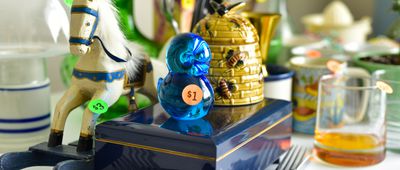Slick Moves
Did you know WD-40 was created as a nuclear missile lubricant during the Cold War era? Its name is an abbreviation for "water displacement, 40th attempt." Today the most common use for WD-40 is to protect metal parts from getting rusty and corroding. But there are so many other ingenious uses for WD-40. Here are 25 surprising uses for WD-40.


































